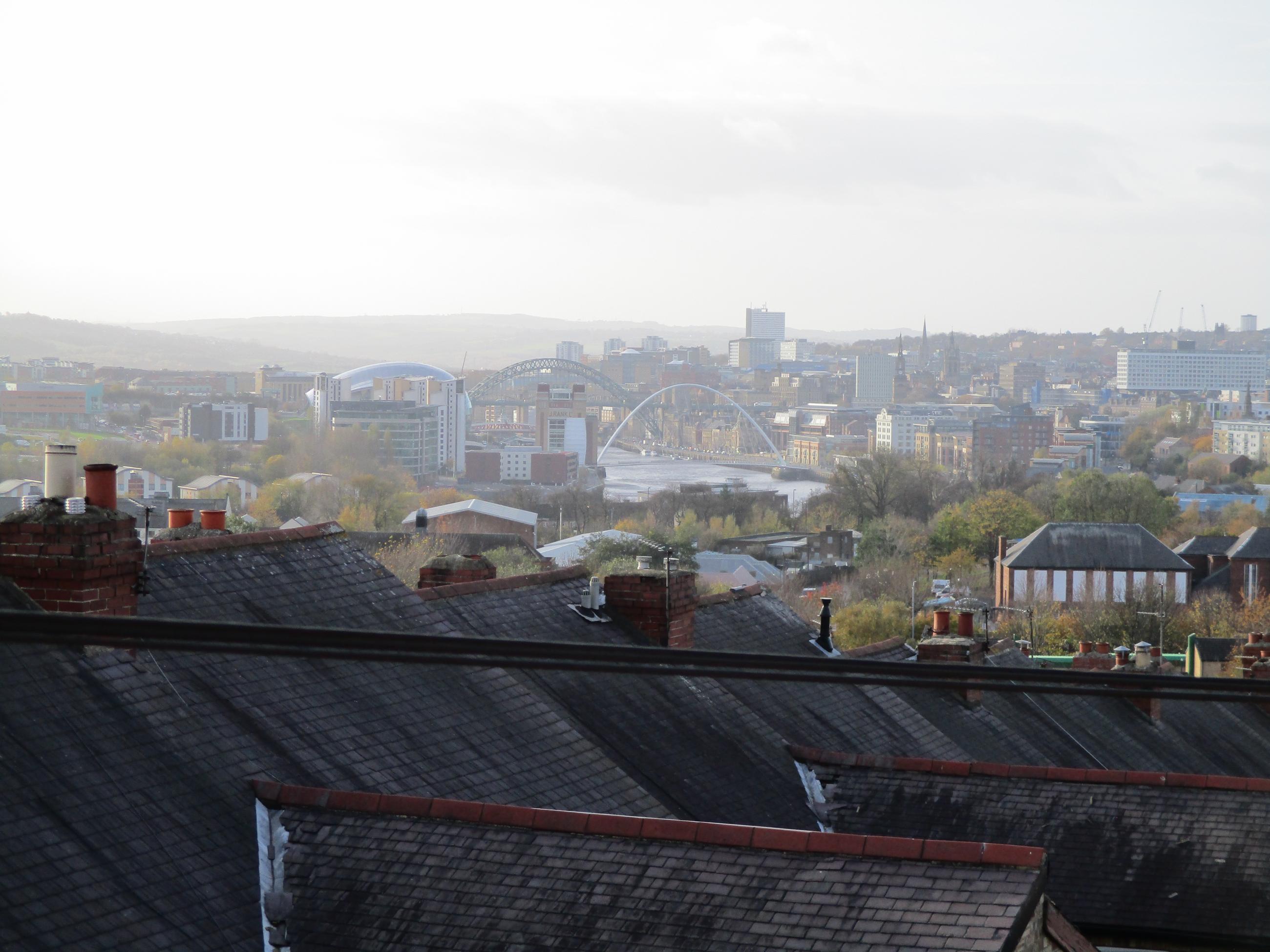10 February 2023
| | 2 min readDelivering for Our Communities 2023-24
A North-East council has pledged to continue supporting residents on the lowest incomes despite having to save £23m next year.

Newcastle City Council’s cabinet will meet on Monday, February 20, to consider a rise in Council Tax that is lower than Government expectations, and the proceeds of which will be targeted at those most struggling with the cost-of-living crisis.
Despite needing to save £67m in the coming three years, next year the council will:
- Freeze charges for local services and school meals
- Pay a real living wage to its lowest paid staff and commissioned services
- Increase support for those struggling most through its Council Tax Reduction Scheme
To balance its budget for 2023-24, the council is considering putting up Council Tax by 4% despite the government expecting local authorities to increase it by 5%.
It will invest in its Council Tax Reduction Scheme to lessen the impact on those least able to afford it.
It follows an eight-week consultation with feedback from residents and groups representing the voluntary and business sectors. The council’s innovative online budget simulator, designed to give residents an opportunity to set their own spending priorities, was also used.
The council faces huge challenges in setting next year’s budget due to falling income, rising demands for services, record high inflation and pay awards.
Proposals include:
- Raising council tax by 1.99% to spend on frontline services, and lessening the impact on those least able to afford it by investing in the Council Tax Reduction Scheme.
- Raising the Adult Social Care Precept by 2% to fund investment in adult social care to meet increased need.
- Remodeling care assessments in order to make £3.24m in adult social care savings.
- Safely reducing demand for services and helping families stay together, making £3.3m saving in Children, Education and Skills services.
- Procure services for Council printing to replace in house services.
If the proposals are approved the council will invest further in its Council Tax Reduction Scheme and services to support people on low incomes.
Leader of Newcastle City Council, Cllr Nick Kemp, said: “I would like to thank everyone who took part in our budget consultation. We very much appreciate residents and partners telling us what they think of these difficult proposals.
“The increasing financial pressure on councils everywhere means that our budget cannot stretch as far as we’d wish.
“Our medium-term financial plan is designed to give stability now and in future, and must be seen in the context of the savings we’ve had to make; we are expected to deliver the same services with 30% less funding than in 2010.
“We would rather not increase council tax at all, but the reality is we rely on this to provide vital frontline services.
“We are conscious of the challenges everyone is facing right now so have decided not to raise it to the level expected by Government.
“We propose to invest further into our Council Tax Reduction Scheme. This will help our residents meet other rising costs such as food, mortgages, rent and fuel.
“The remainder of the money we raise from council tax will fund the frontline services residents rely on to create the clean, green city we all want to live in.”
There will be a reduction in 54 full-time equivalent posts at the council, of which 40 will be managed through vacant posts. The authority will continue to work closely with trade unions and support employees at risk of redundancy while continuing to avoid compulsory redundancies where possible.
The council recently became an Accredited Real Living Wage Employer paying about 800 of its lowest paid staff an extra £1 an hour which will not only help them in the cost-of-living crisis but also benefit the local economy where the money is usually spent.
The combined rise in Council Tax and Adult Social Care Precept will add 94p a week to a typical Band A property and £1.42 a week to a Band D property.
In the next three years the council needs to save £67.4m – that’s £23.1m in 2023-24; £23.1m in 2024-25 and £21.2m in 2025-26.
Next year the council proposes to spend £262.2m on services and £140m on capital investment such as housing, roads and schools. Capital funding cannot be spent on day-to-day services.
If Cabinet accepts the draft budget, it will then be recommended to go to a meeting of the City Council on March 1 for approval.
If you would like to give us feedback on our website, please complete this short online form.




